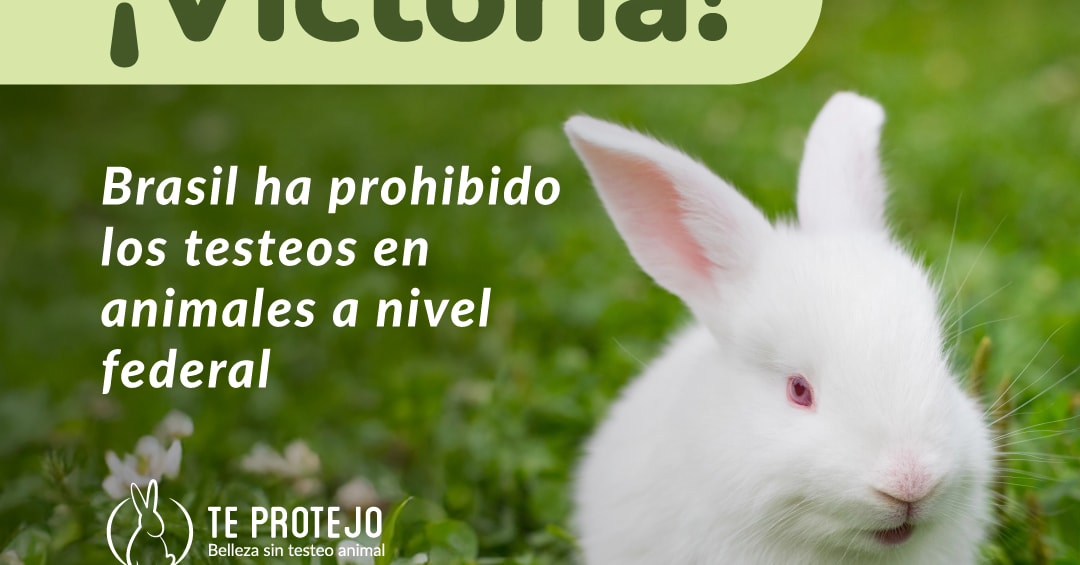Aquatic Life Institute (ALI) is thrilled to announce the release of the 3rd Aquaculture Certification Schemes Benchmark: Aquatic Animal Welfare. This annual report evaluates the welfare standards of 8 global seafood certification schemes and, for the first time, an international ratings agency—Monterey Bay Aquarium’s Seafood Watch program. This year's benchmark evaluates an additional certifier, the Soil Association Organic Standards for Great Britain Aquaculture, thus expanding our assessment to include more certifiers and continuing our commitment to drive improvements for aquatic animal welfare.
This benchmark will continue to serve as a valuable tool for businesses, helping them make informed decisions about sourcing sustainable and ethical seafood, while also providing clear guidelines for the evaluated bodies, offering actionable insights on how they can improve their welfare standards.
What We Measure
The report assesses five key welfare criteria:
- Water Quality
- Stocking Density and Space Requirements
- Environmental Enrichment
- Feed Composition
- Stunning and Slaughter
Additionally, certifiers were evaluated on a "Neglected Species Prohibitions" category, with up to 3 bonus points for prohibiting:
- Octopus farming
- Insect use in aquafeed
- Eyestalk ablation in shrimp farming
Results

* Aquaculture Stewardship Council (ASC) Farm Standard - score (8) is based on draft language/documentation that was directly shared with ALI at the time of evaluation. Requirements will be listed in ASC’s upcoming Farm Standard and/or the supplementary Interpretation Manual. As a result, all ASC scores are subject to change based on what is or is not included in final standard documents shared with the public.
* Best Aquaculture Practices (BAP) Salmon Farm Standard - score (4.6) is based on draft language/documentation that was publicly available during the 60 day March - May 2024 consultation period. As a result, all BAP Salmon Farm scores are subject to change based on what is or is not included in final standard documents shared with the public.
* Aquaculture Stewardship Council (ASC) Salmon Standard- score (2) will be discontinued soon, and replaced with the ASC Farm Standard also included in this benchmark evaluation.
Key Findings
- 6 out of 9 prohibit eyestalk ablation in shrimp farming: This is a significant step forward in addressing one of the unethical practices in shrimp farming, which involves removing part of the shrimp’s eyestalk to increase reproduction rates.
- 5 out of 9 perform well in stocking density and space requirements: Adequate space and lower stocking densities are critical to improving the welfare of farmed aquatic animals, reducing stress and disease, and promoting healthier environments.
- 4 out of 9 prohibit octopus farming: Building on last year's commitments from RSPCA and Friend of the Sea to ban octopus farming, Aquaculture Stewardship Council and the newly recognized certifier, Soil Association, have also taken a stance against the practice this year.
- Aquaculture Stewardship Council (ASC) Ranks First: The Aquaculture Stewardship Council (ASC) Farm Standard secured the top spot in this year’s benchmark, largely due to its stance against certifying octopus farming. In their September 2024 statement, ASC affirmed, "Currently, and for the foreseeable future, responsible cephalopod farming is not being considered by ASC," underscoring their commitment to ethical aquaculture practices.
“Aquaculture Stewardship Council is happy to take the leading position among all aquaculture certifications, standards and ratings benchmarked by Aquatic Life Institute (ALI) for the second year in a row. This proves ASC’s commitment towards the improvement of fish welfare through rigorous monitoring and evaluation requirements for seafood farms and key welfare indicators” - Maria Filipa Castanheira, Fish Welfare Coordinator, ASC
Why It Matters
The eight global seafood certification schemes and one international ratings agency evaluated in this report collectively oversee the welfare of billions of aquatic animals each year. This highlights the immense impact that these bodies have on countless individual lives, underscoring the critical role of benchmark evaluations like this one in driving higher welfare standards across the industry.
By publishing these results, we foster competition among certifiers and ratings agencies to improve their standards year over year, ensuring better conditions for farmed aquatic animals globally. This public accountability pushes the industry toward a more compassionate and sustainable future.
We invite you to explore the full report and the summary report.
NOTE: We acknowledge that the benchmark scoring system does not yet analyze enforcement and compliance of certifiers’ policies reviewed, as those areas currently lie outside of our scope of work. Our theory of change acknowledges that the first step is getting aquatic animal welfare concerns onto the agenda for major certification schemes, and that's exactly what efforts like ours have accomplished. Following this year’s report, Aquatic Life Institute will explore ways to expand our analysis, ensuring we continue to provide the most comprehensive and accurate evaluation possible.



